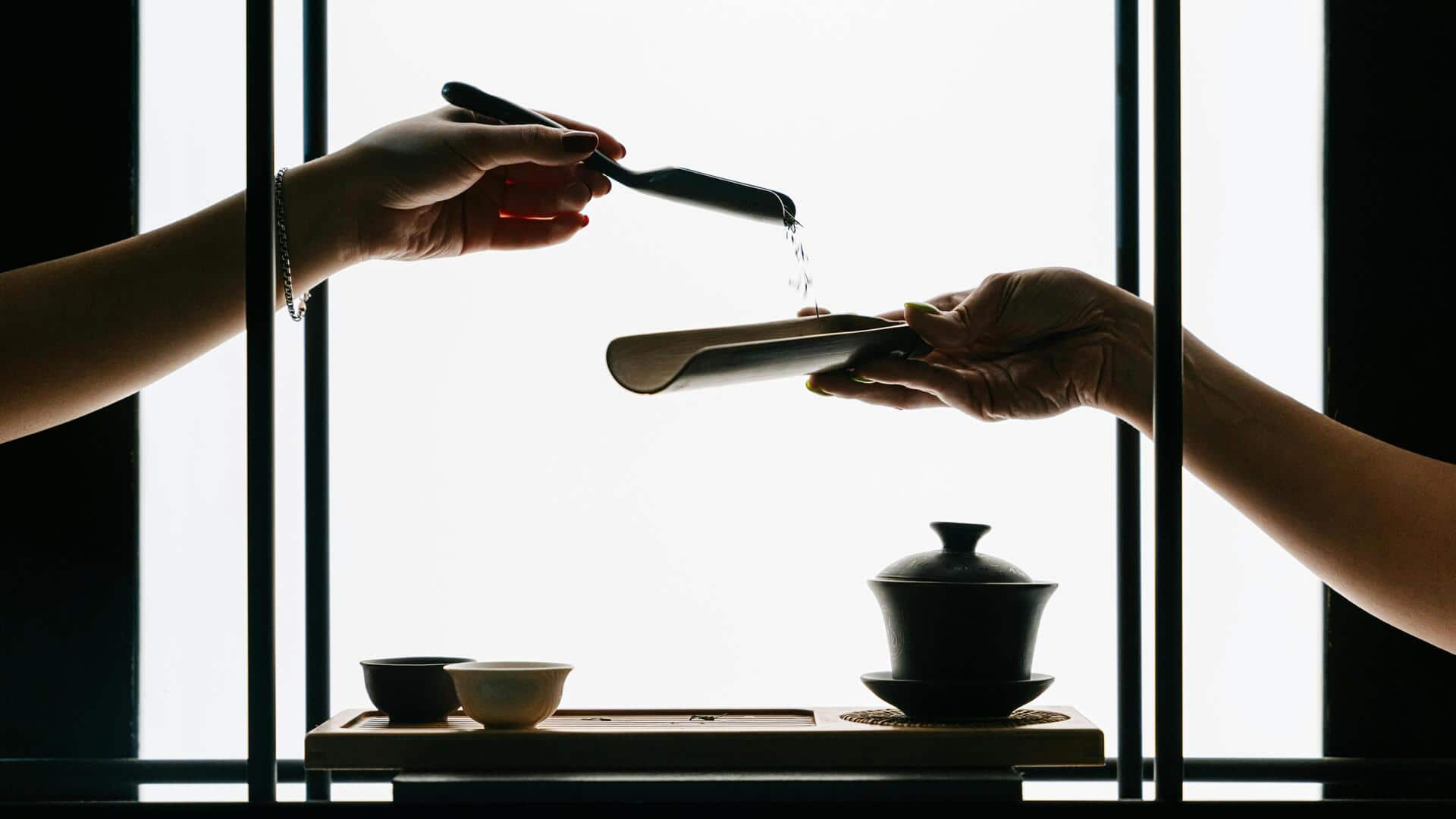
Fascinating Japanese tea traditions you need to know
What's the story
Japanese tea traditions are a beautiful blend of history, culture, and artistry. These rituals have been passed down through generations, each with its own unique significance and practice. From the meticulous preparation to the serene enjoyment, these traditions offer a glimpse into Japan's rich cultural heritage. Here are five intriguing aspects that define Japanese tea traditions, each offering a unique insight into this timeless practice.
#1
The art of tea ceremony
The Japanese tea ceremony, or chanoyu, is a highly ritualistic event centered around the preparation and consumption of matcha. It emphasizes harmony, respect, purity, and tranquility. Participants engage in a series of precise movements while appreciating the aesthetics of the utensils and surroundings. The ceremony is not just about drinking tea but also about mindfulness and appreciation of simplicity.
#2
Matcha preparation techniques
Preparing matcha requires skill and precision. First, the tea leaves are ground into a fine powder using a stone mill. Then, hot water is added to the powder in a bowl called chawan. Using a bamboo whisk called chasen, the matcha is whipped into a frothy consistency. This technique ensures that the flavors are fully released while maintaining the vibrant green color.
#3
Seasonal influences on tea selection
In Japan, the selection of teas is often influenced by the season. For example, sencha is favored in the spring for its refreshing taste, while hojicha, roasted green tea, is preferred in the winter for its warm aroma. This practice is a reflection of the Japanese people's deep connection to nature and the seasons, and their appreciation for how it affects the taste of different teas.
#4
Utensils used in tea rituals
The utensils used in Japanese tea rituals also hold cultural significance. The chawan (tea bowl), chasen (whisk), chashaku (tea scoop), and natsume (tea container) are all crafted with care to enhance the experience of the ceremony. Each item is chosen for its aesthetic appeal as well as its functionality, contributing to the overall atmosphere of tranquility.
#5
Influence on modern lifestyle
Japanese tea traditions have also influenced modern lifestyle choices across the world. The principles of mindfulness from these rituals are now adopted in various wellness practices globally. People seek out ways to incorporate elements like slow living or mindful eating into their daily routines, inspired by these age-old customs.